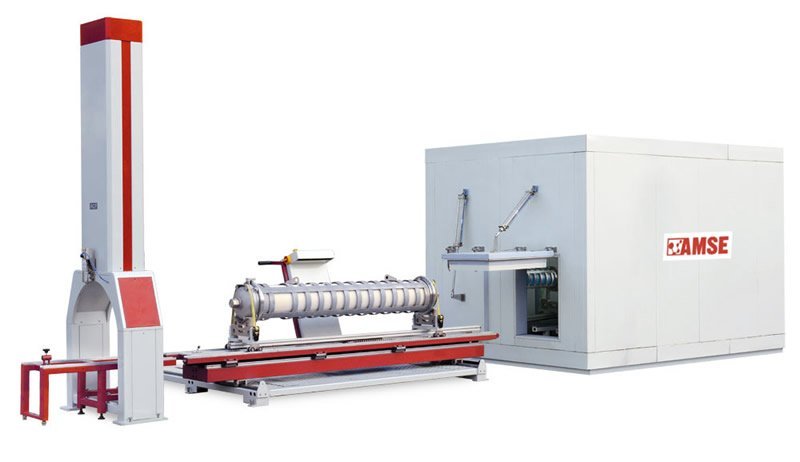
A system used to determine the critical crack propagation pressure and temperature in plastic pipes.
Rapid crack propagation (RCP) is a type of failure that occurs due to rapid fracture. Cracks are believed to develop at internal defects following an impulsive event, and can quickly grow to large sizes.
RCP occurs in pressurized systems that have stored enough energy to cause cracks to propagate faster than the energy is released.
Factors Influencing RCP:
Temperature
Energy Driving Force
Pipe Material
Pipe Dimensions
Manufacturing Process
The system also has the capability to operate at low temperatures through the use of a thermostatic chamber.
Conforms to the international standard: ISO 13477.
For more information about this product, fill out the online form below
"*" indicates required fields
Strada della Cebrosa 86
10156 Turin (TO) – Italy
Contact us to get the details of our local agent closest to your location.

MEPA – The Italian Public Administration Electronic Marketplace
"*" indicates required fields